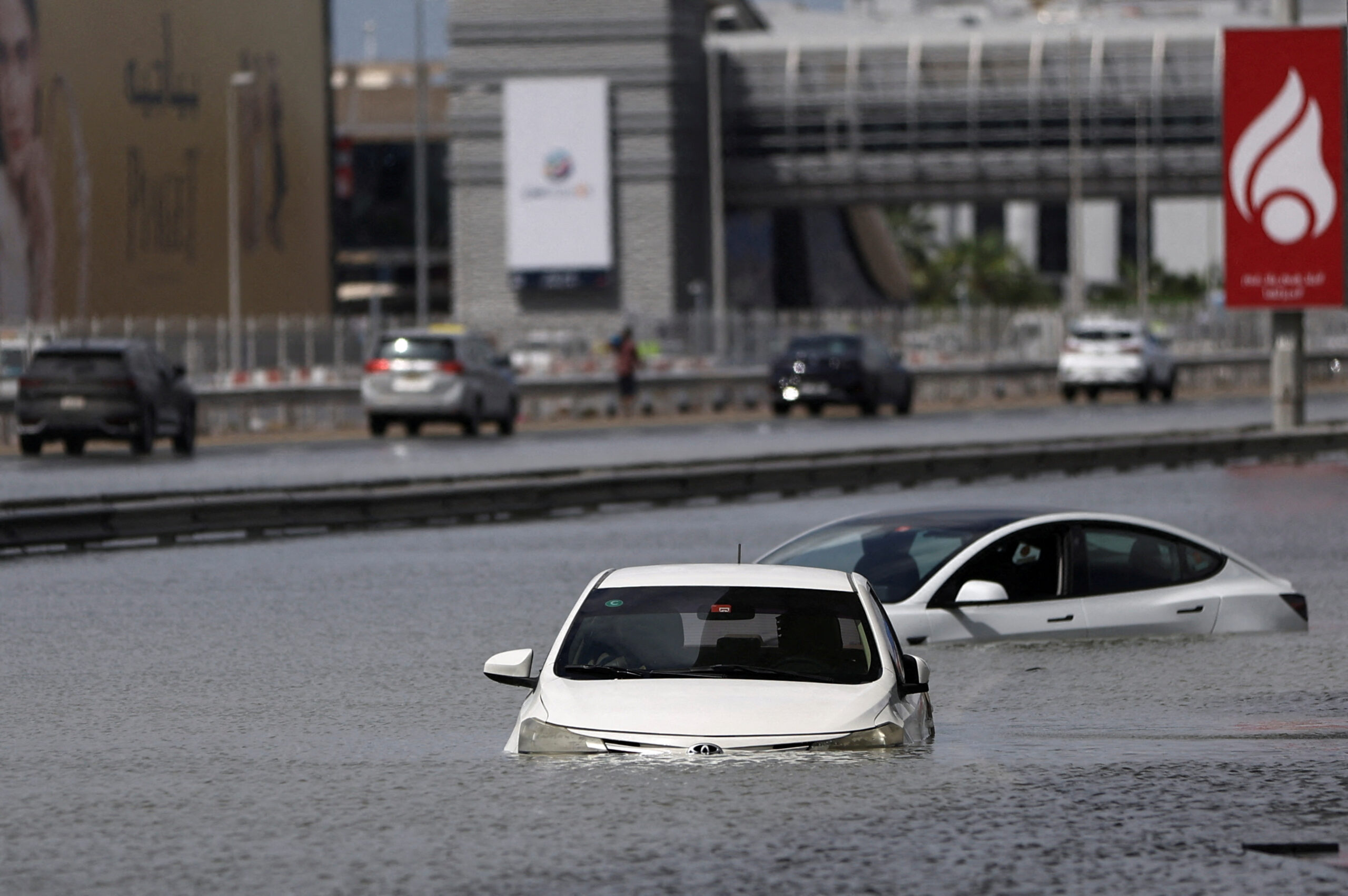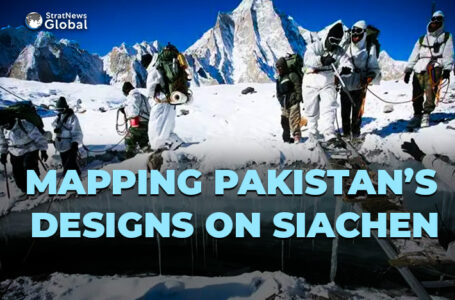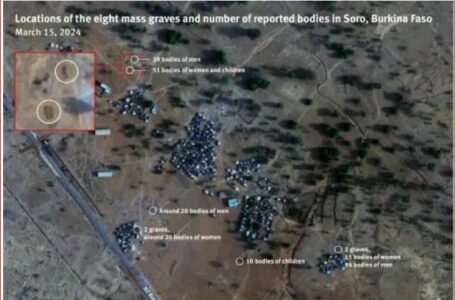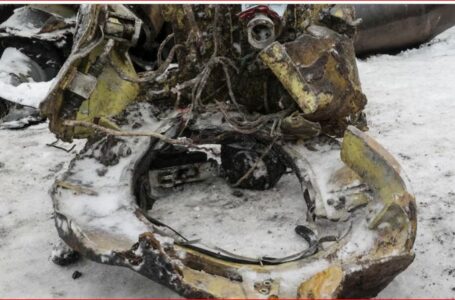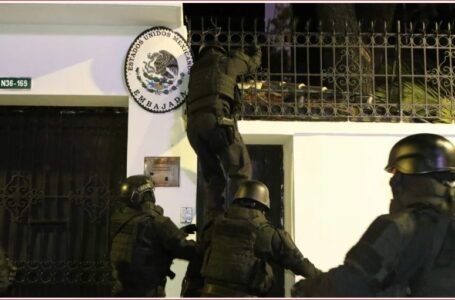U.K., U.S. Demand Burkina Faso Probe Massacre Of 233 Village...
Chad Opposition Leader ‘Executed’ By Government, Say Forensic Experts
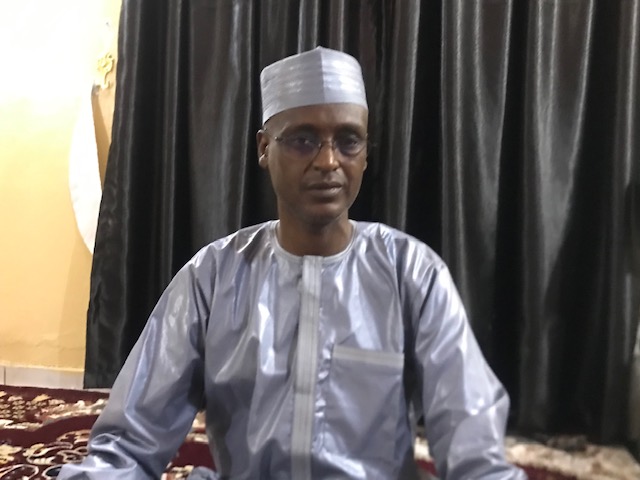
File photo of Yaya Dillo, the head of Chad’s opposition Socialist Party Without Borders, who reportedly died in a shootout with government forces on February 28.
NAIROBI: Yaya Dillo, a prominent Chadian opposition leader who was killed in February by government troops, appears to have been shot in the side of the head at close range, according to five forensic experts who reviewed a photo of his dead body for Reuters.
The experts’ findings, based on the location and nature of the wound visible in the image, call into question statements by Chadian officials that Yaya Dillo was shot dead in an exchange of fire on February 28 when security forces tried to arrest him at his party’s headquarters in the capital, N’Djamena.
Professor Derrick Pounder, a U.K.-based pathologist who has consulted for the United Nations and human rights groups, said the visible gunshot wound was “incompatible” with a scenario of an exchange of gunfire. “Overall, I have a very high level of confidence that this is a contact gunshot wound and strongly corroborates the allegation of an extra-judicial execution,” he said.
Reuters was unable to establish independently how Dillo was killed.
The opposition has called Dillo’s death an assassination, based on the ferocity of the military assault on his party’s headquarters. The yellow facade of the party headquarters was left pockmarked by heavy and small arms fire. A day later, it was bulldozed to the ground.
Rights groups, including Human Rights Watch (HRW) and the Office of the U.N. High Commissioner for Human Rights (OHCHR), have called for an independent investigation and said Dillo’s death raised concerns about the conditions for presidential elections due in May.
Western powers, led by France and the United States, who see Deby as a key security partner and a counterweight to Russia’s growing influence in the turbulent Sahel region, have been muted in their response to Dillo’s death. A string of military-led governments across the region have torn up Western defence agreements in recent years and welcomed Moscow’s support.
May’s election in Chad is meant to draw a line under military rule. Dillo was widely believed, both by government and opposition figures as well as political researchers, to be planning to run against President Mahamat Idriss Deby, a military general who took power after his long-ruling father was killed in April 2021 while campaigning against rebel forces in northern Chad.
Success Masra, a former opposition figure who is Chad’s prime minister, had promised on March 4 an “international-style” investigation into Dillo’s killing, without providing further details.
Chad’s government did not respond to requests for comment on the photograph, the pathologists’ findings, the circumstances of Dillo’s death, and the progress of any investigation.
Abderahman Koulamallah, Chad’s communications minister, said on February 29 that Dillo had fired on security forces sent to detain him for alleged involvement in violent clashes and he died of injuries sustained when they shot back. Four security personnel and three members of Dillo’s opposition Socialist Party Without Borders (PSF) were killed, Koulamallah said.
The same day, Reuters received a photo showing Dillo’s head and some parts of his upper torso visible within a black bag. The photo shows a large wound near Dillo’s temple on the right-hand side of his head. The right side of Dillo’s face is clearly visible.
Fourteen people who knew Dillo, including two family members, confirmed it was him. The source of the photograph requested anonymity because of the sensitivity of the information.
The five forensic pathologists consulted by Reuters about the photograph said the blackened skin around the round entry wound on Dillo’s head suggested that he was shot at close range. Four of the pathologists said the weapon was likely in contact with or close to Dillo’s head when fired; three said the distance was likely within a metre, suggesting he may have been executed.
While three of the experts noted that black marks can appear naturally on skin that has dried out after death, they said the colour and features of the marks visible in the image meant they were more likely due to the proximity of the weapon fired.
Dillo was buried the day after his death, in accordance with Muslim tradition. One of the family members who spoke to Reuters said he examined the body before burial and found no other visible wounds.
“A close-range, near contact gunshot entrance wound is visible on the right temple of the deceased,” according to a report prepared for Reuters by researchers from the Independent Forensic Expert Group of the International Rehabilitation Council for Torture Victims (IRCT), a global network of civil society organizations and independent experts who support survivors of torture. The report stated that the dark spots on Dillo’s skin might be due to gunpowder residue, “consistent with a finding that the muzzle of the gun was only a few centimetres from the skin when fired”.
In addition to IRCT and Pounder, the experts consulted by Reuters about the photographic evidence included Dr Steve Naidoo, an independent forensic pathologist from South Africa, and Dr Rusudan Beriashvili, head of the Forensic Medicine Department at Tbilisi State Medical University, a leading European forensic expert. The fifth expert asked not to be named because they were not authorized to speak to the media.
In an audio recorded on February 28, hours before he was killed, and later posted on Facebook, Dillo said that the party offices were surrounded by FIR troops. “They want to kill us,” he said.
Moussa Faki Mahamat, president of the AU Commission, expressed regret that the violence on Feb. 29 to deaths and reiterated the need for dialogue in Chad. An AU spokesperson, asked about HRW’s request, declined further comment.
Days after Dillo’s killing, Jean-Marie Bockel, an envoy of France’s President Emmanuel Macron, visited Chad to discuss the future of France’s troop deployments in the country. “We must stay and we will stay,” he said, expressing “admiration” for Chad’s expected transition to constitutional rule.
Neither Paris nor Washington have called publicly for investigations into Dillo’s death. “The Chadian government committed to an international inquiry into the death of opposition leader Yaya Dillo; to date we are not aware of any progress in this regard,” a State Department spokesperson said, in response to Reuters’ questions.
A French diplomatic source, noting that Chad had publicly pledged an independent investigation, urged authorities to take the necessary steps to find those responsible and ensure that justice is done.
(REUTERS)
Also See:






